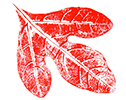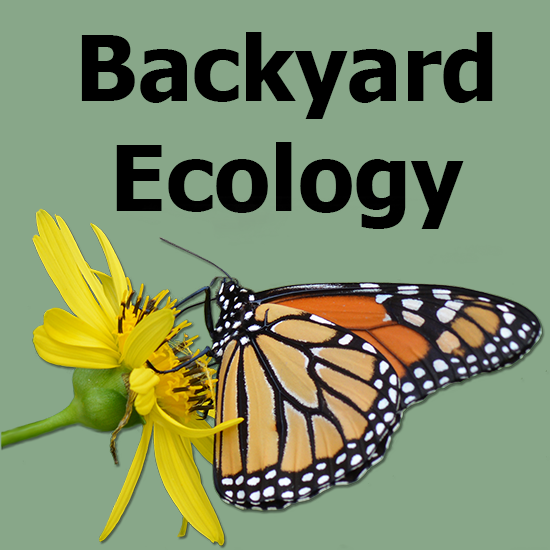
Swamp milkweed, also called rose milkweed, (Asclepias incarnata) is one of 13 milkweed species native to Kentucky. It can be from 3-6 feet tall, but 3-4 feet is more common. Swamp milkweed has clusters of pink flowers that bloom from June through August, depending on the plant and whether it was mowed or grazed before it bloomed. The flowers produce a very pleasant smell that is often described as vanilla-scented.
Swamp milkweed flowers are highly attractive to a wide variety of butterflies including monarch butterflies. Honey bees, many different species of native bees, and hummingbird moths all commonly visit swamp milkweed flowers as well. Hummingbirds will also occasionally feed on the flowers. Monarch butterflies will lay their eggs on swamp milkweed plants, just like they will on other milkweed species. The monarch caterpillars can only eat the foliage of milkweeds – without milkweeds the caterpillars would not be able to survive and transform into butterflies.
As its common name suggests, swamp milkweed naturally grows in much wetter conditions than most other milkweeds. However, it can also be planted in garden settings where it will grow in medium to wet soil conditions. Just don’t let it dry out completely. Swamp milkweed is often a better choice than common milkweed (Asclepias syriaca) in a garden setting, because swamp milkweed doesn’t spread nearly as much as common milkweed. This is one of the milkweeds I grow to sell in my nursery, so please let me know if you are looking for a source of high-quality swamp milkweed plants.

This article was part of Shannon’s original Kentucky Pollinators and Backyard Wildlife blog which evolved into the blog for Backyard Ecology.

Backyard Ecology: Exploring Nature in Your Backyard
Nature isn’t just “out there.” It’s all around us, including right outside our doors. Hi, my name is Shannon Trimboli, and I am the host of Backyard Ecology. I live in southcentral Kentucky and am a wildlife biologist, educator, author, beekeeper, and owner of a nursery specializing in plants for pollinators and wildlife conservation. I invite you to join me as we ignite our curiosity and natural wonder, explore our yards and communities, and improve our local pollinator and wildlife habitat. Learn more or subscribe to my email list at www.backyardecology.net.

Leave a Reply